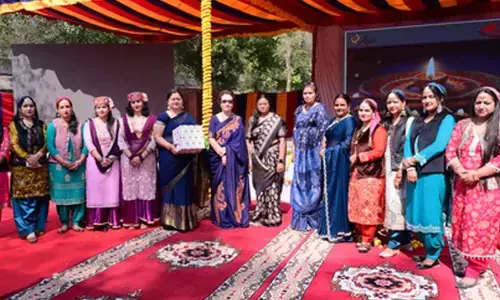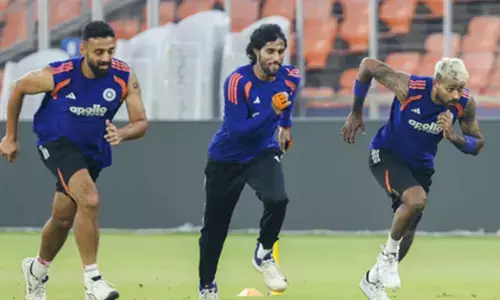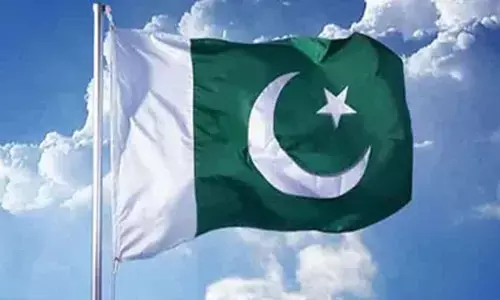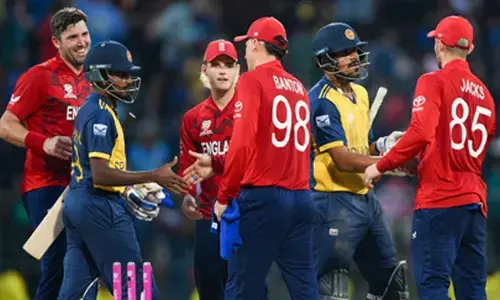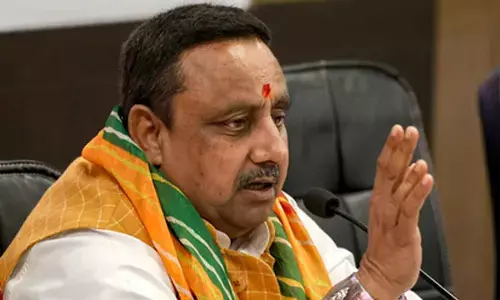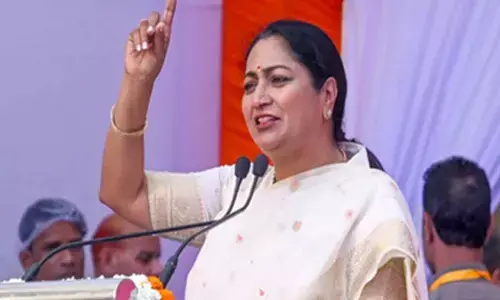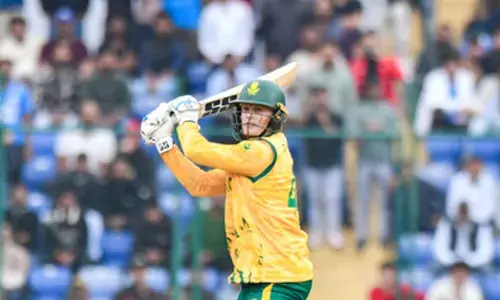In search of DAD
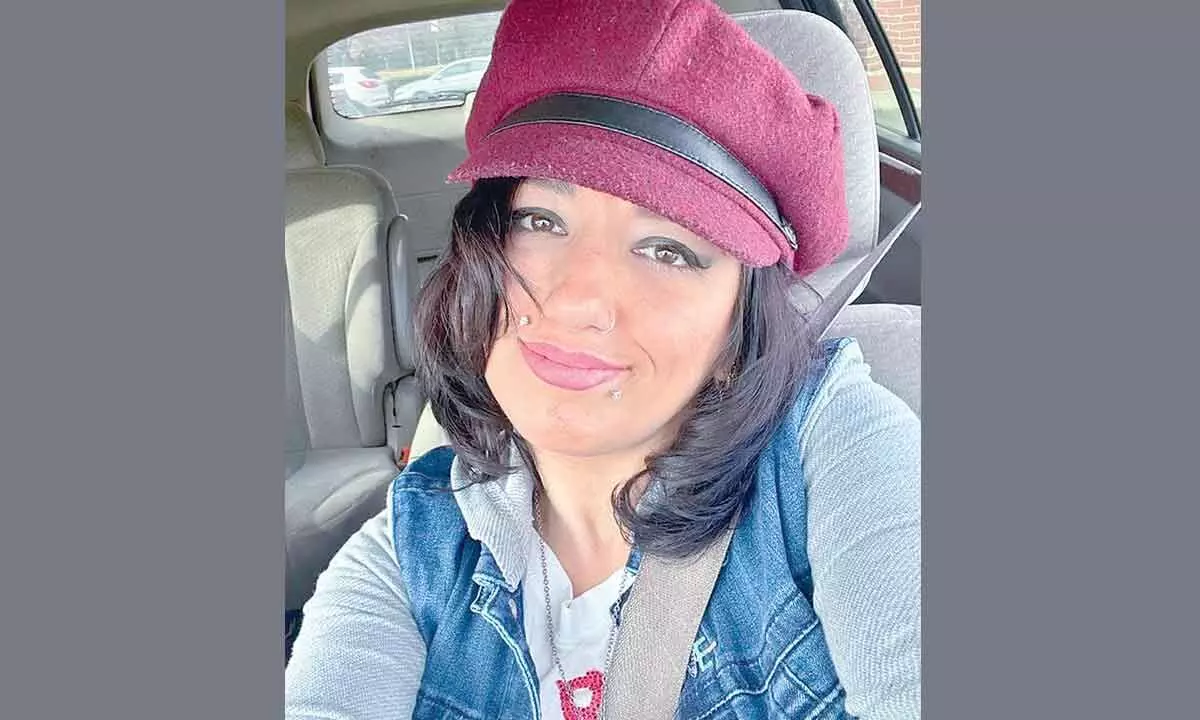
Meera Mehta, a 43-year-old Indo-American, who dedicated her entire life to search of her biological father, visits India with hopes to reunite with her father
This is the story of Meera Mehta, a 43-year-old Indo-American, who has been in search of her biological father her entire life.
How far would you go to find answers about a missing piece of your past? Cross the seven seas and dedicate your life to finding a family member in an unknown land? This is the story of Meera Mehta, a 43-year-old Indo-American, who has been in search of her biological father her entire life.
For Meera finding her father, after over four decades of separation, is a mammoth task. Having been unaware of her Indian roots, Meera made her maiden visit to her "home state" New Delhi on April 22, 2022, with hopes to reunite with her father and his family.
She first attempted to come to India in 2020, but as Covid-19 outbreak became a worldwide pandemic, her journey got cut short and she returned back from Turkey to the United States. Two years later, she has successfully come to India to begin the search for her paternal family, but the only document she has is a birth certificate.
"I lost all the photographs in a house fire. My then husband was supposed to watch our children while I was working. In a matter of minutes my house burnt down and with that I lost all the photographs of my parents' wedding day, the beginning of their journey together," Meera explained.
According to Meera, her father Pradeep Mehta, was a businessman, and came to the United States in the 1970s. While studying at the same university in Oklahoma, Meera's mother Carolyn Joyce Ritchter and her father Pradeep fell in love and registered their marriage. A few months later, newly married Carolyn and Pradeep came to New Delhi and had a Hindu wedding.
"A few months after their Hindu wedding, my mother went back to the States as her father had passed away. She was pregnant with me at that time and I was born in New York in 1978. We returned to India after my birth, along with my two older step-sisters. I was named Meera after Meera Bai, a Bhakti Saint. I don't exactly know what happened but after nine months my mother came back to the United States and separated from my father completely," Meera said.
She went on to narrate that anytime she enquired about her father, her mother Carolyn would become physically and verbally abusive. Meera first attempted to run away from her abusive mother at the age of 10 and then again at the age of 13. She recalled that her mother moved from one state to the other their entire childhood as Carolyn wanted to evade child services. Her old step-sisters, Sherrey and Launa, ran away to escape from their abusive mother. After leaving her home for the second time, Meera married her then husband and a year later gave birth to their first child.
"It was like a new beginning. I had the maturity to start a new life and have my own family. I went back to school to get an education, waited tables at restaurants to earn for my family. But we got divorced after six years. I kept in touch with my maternal grandmother who gave me all the details about my mother and father's love story, about my birth," Meera said.
Carolyn died of HIV/AIDs when Meera was 16 years old. Meera's hardship kept growing over the time as she raised her children on her own will and grit. Meera grew up hearing the love story of her parents through her grandmother but never found a concrete answer as to why her father was never a part of her life. She learnt from her grandmother that Carolyn left India and Pradeep when Meera was an infant and never went back. Her mother gave birth to another daughter a few years later. Her younger sister, Martina's, birth certificate has Pradeep's name listed as the father.
"I found out that Martina's father was a Latin-American man. So, my younger sister and I do not know who our biological fathers are. I was only 10 years old when I came to know that my father was in India. I did get to speak with him over the phone twice when I was 14. My grandmother had his phone number from India. But with all the photos and details lost, I had no way to reconnect with my father," an emotional Meera explained.
Meera is now a grandmother of two. Having spent over 30 years looking after her children, Amber, Destinee, James, Michael and Ameerah, Meera says she is ready to begin the search for her paternal family, with a mere birth certificate and immense hope. After coming to India, Meera has been running pillar to post, from Marriage Registration Offices to the Ministry of External Affairs to find the records of her parents coming to India between 1977-98.
"I don't know where exactly he lives in Delhi. I just know his name. I went to the Ministry of External Affairs if they have any records of my parents coming to India. I visited several government offices and courts to find any records of their marriage certificate. I have not received any information but I will continue with my search," a hopeful Meera says.
Meera has now decided to spend the rest of her life here in India, looking for answers about her childhood, and educating underprivileged children. She says that her children have been supportive of her decision to come to India. Meera has a tattoo of henna on her arm and an elephant to remind herself to keep the search going on, no matter what obstacles she may face.
"I always felt a bit different while growing up. I had dark hair unlike other American children. I dyed her hair blonde to make myself look like a white American. But even in my thoughts I felt different. After coming to India, I know why I always felt different. I feel more connected to Indian culture," she said.


